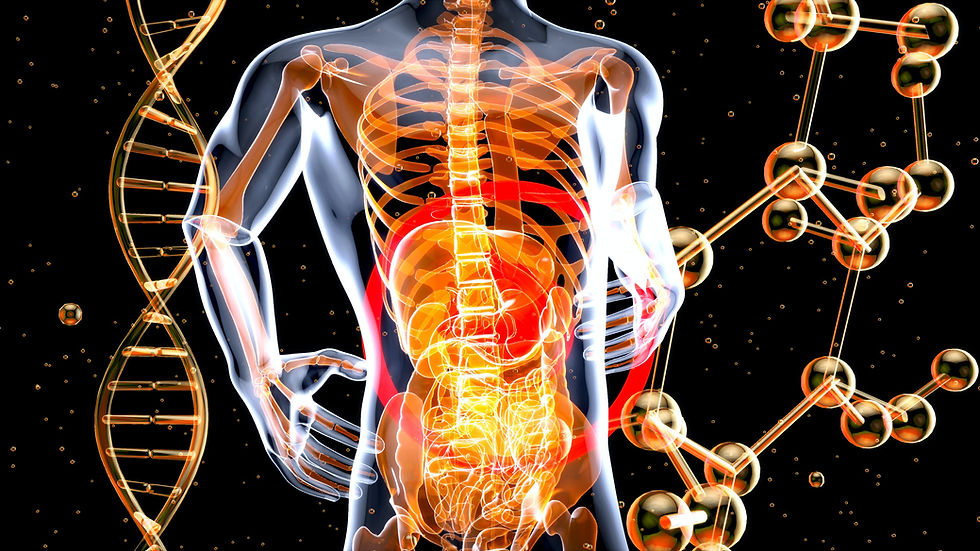

How to Fix My Sleep Schedule with Simple Tips
Struggling with sleep? Learn how to fix my sleep schedule with simple tips for better rest and overall health improvements.


How To Improve Your Gut Microbiomes After Indulgent Holiday Celebrations
Learn how to improve gut microbiome health after holiday overindulgence for better overall well-being.


Modern Solutions for Skin Revitalization and Aesthetic Care
Explore Skin Revitalization techniques that blend beauty and medicine for effective health results.


How to Become a Personal Trainer: A Step-by-step Guide
Learn how to become a personal trainer with our step by step guide that covers planning, experience, and credentials.


9 Ways You Can Get Your Health Back On Track In 2026
Learn how to get your health back on track with essential tips that emphasize mental health and self-care strategies.


Key Features of High-Quality Oxygen Regulators
Explore the essential role of oxygen regulators in healthcare. Learn how they ensure patient safety and reliable oxygen flow.


How To Work Towards Better Mental Well Being
Explore effective steps to enhance your mental well being and prioritize your mental health in everyday life.


Essential Tips for a Successful Injury Recovery Plan
Manage your injury recovery effectively with our step-by-step guide to limit pain and monitor your progress.


Understanding Legal Rights After an Eye Injury at Work
Discover essential steps for recovery after an eye injury, including rights and natural methods for healing.






